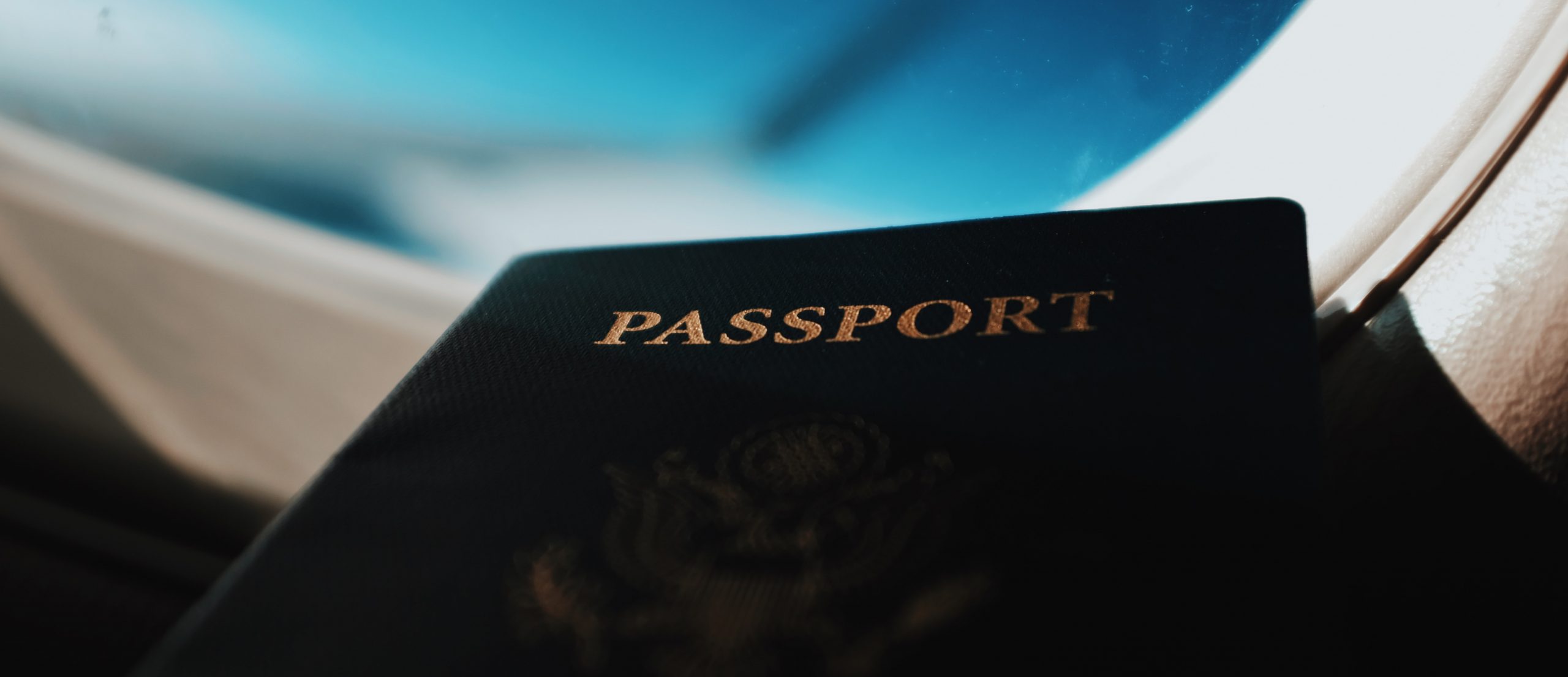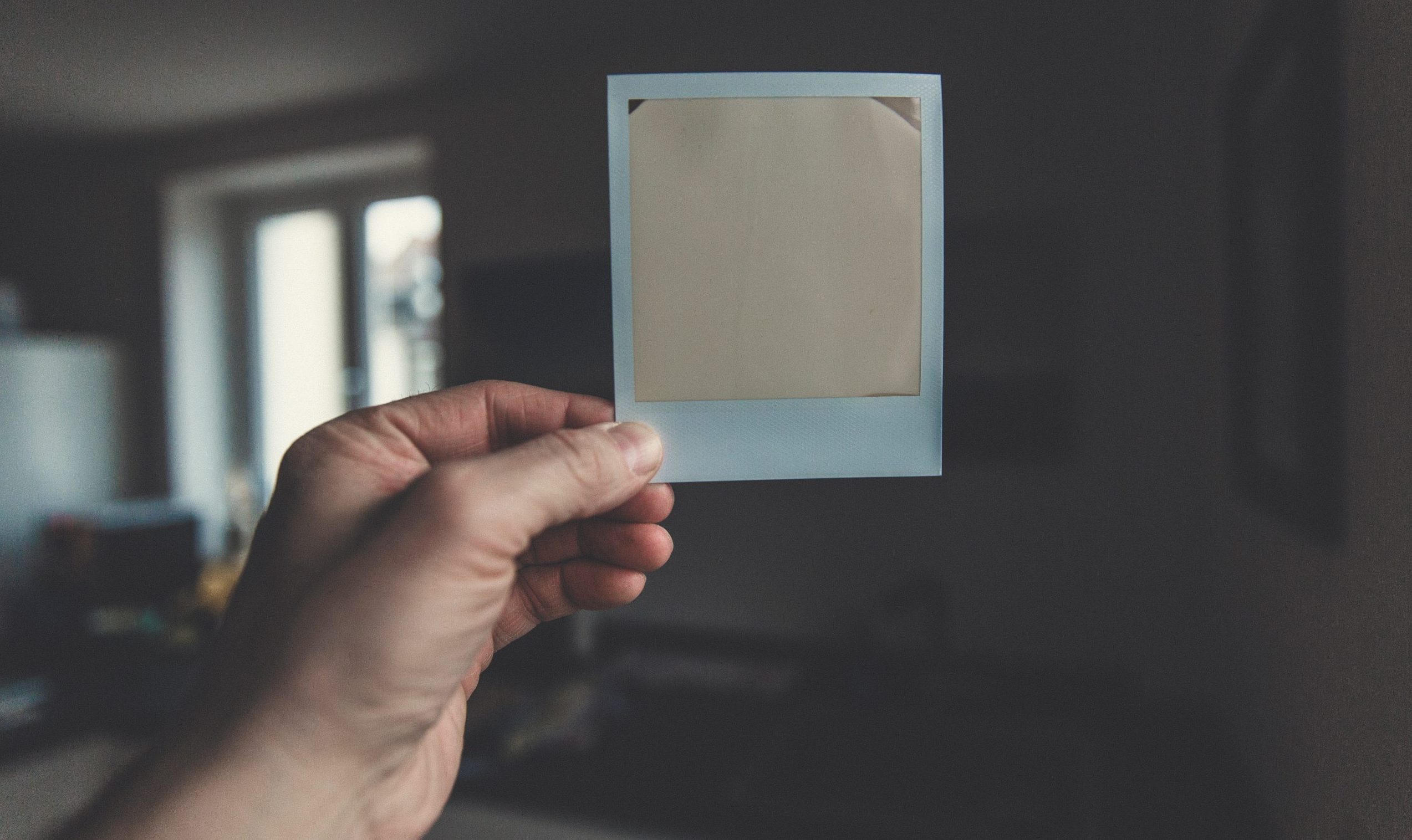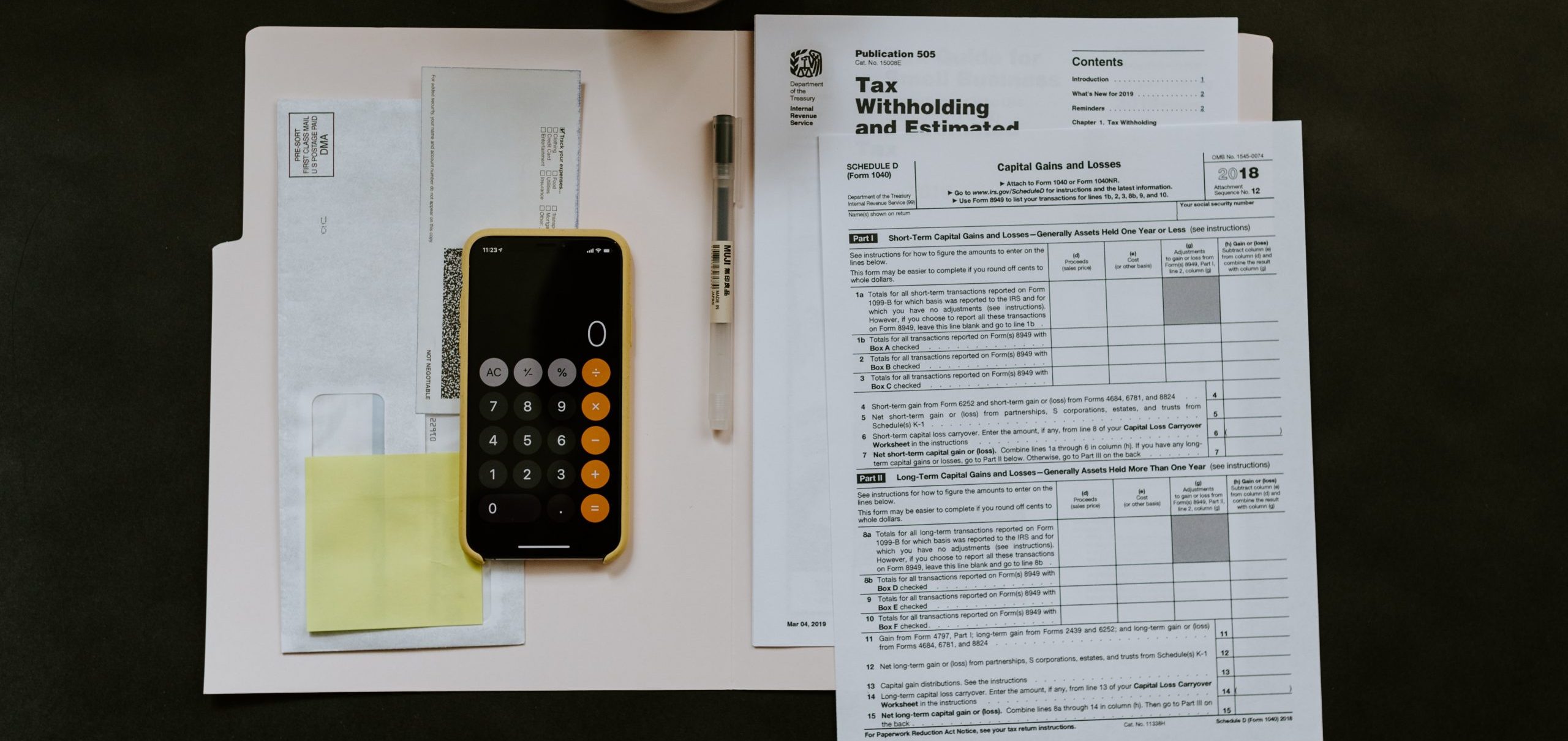Consular legalization of documents when carrying out procedures for registration of establishment of foreign-invested organizations

1. What is consular legalization?
Pursuant to Clause 2, Article 2 of Decree 111/2011/ND-CP, consular legalization is the certification of the seal, signature and title by a competent Vietnamese agency on the country’s papers and documents. in addition to allowing such papers and documents to be recognized and used in Vietnam.
Thus, consular legalization is a procedure to ensure that papers, documents and records are legally allowed to be used in Vietnam.
2. Documents exempted and not legally legalized
2.1. Types of documents exempt from consular legalization:
– Pursuant to Article 9 of Decree 111/2011/ND-CP, papers exempted from consular legalization include:
– Papers and documents are exempted from consular certification and legalization under international treaties to which Vietnam and related foreign countries are members, or on the principle of reciprocity.
– Papers and documents are transferred directly or through diplomatic channels between a competent Vietnamese agency and a foreign competent authority.
– Papers and documents exempt from consular certification and legalization in accordance with Vietnamese law.
– Papers and documents that are not required by the receiving agency of Vietnam or abroad for consular legalization or certification in accordance with relevant laws of Vietnam or foreign countries.
2.2. Types of documents that are not consular legalized:
Pursuant to Article 10 of Decree 111/2011/ND-CP, the types of papers not subject to consular legalization include:
– Papers and documents are corrected or erased but not corrected according to the provisions of law.
Papers and documents in the application file for consular certification or legalization contain conflicting details.
– Papers and documents that are forged or issued or certified against authority as prescribed by law.
– Papers and documents with signatures or seals other than the original signature or seal.
– Papers and documents with contents that infringe upon the interests of the State of Vietnam.
Circular 01/2012/TT-BNG guiding the implementation of a number of provisions of Decree 111/2011/ND-CP also specifies the types of papers that are not consular legalized in Article 4 such as:
– Papers and documents mentioned in Clause 2, Article 10 of the Decree containing details in the papers and documents that contradict each other or with other papers and documents in the application for consular certification. , Consular authentication.
– Papers and documents mentioned in Clause 4, Article 10 of the Decree with seals and signatures must not be directly stamped and signed directly on papers and documents. Seals and signatures copied in any form are not considered original seals and signatures.
– Papers and documents mentioned in Clause 5, Article 10 of the Decree with contents infringing upon the rights and interests of the State of Vietnam, inconsistent with the guidelines and policies of the State of Vietnam or in other cases may detrimental to the State of Vietnam.
3. Dossier for carrying out consular legalization procedures:
Pursuant to Decree 111/2011/ND-CP and Circular 01/2012/TT-BNG, the consular legalization dossier includes:
Consular legalization declaration according to the prescribed form
CCCD/ID/Passport of the submitter (in case of direct submission)/ Photocopy of CCCD/ID/Passport of the submitter (in case of submission by post)
Papers and documents requested for consular certification, enclosed with 01 photocopy of these papers and documents to keep at the Ministry of Foreign Affairs. If there are two or more sheets, they must be affixed with a border seal between the sheets or be tied with strings, glued or applied another form of security so that the sheets of such papers and documents cannot be changed.
Translations of papers and documents are not required to be authenticated; the applicant is responsible for the accuracy of the translation.
Note:
If the application file for consular certification and legalization is sent by post, it must be enclosed with an envelope clearly stating the recipient’s address.
Papers and documents that do not need to be accompanied by a translation into Vietnamese or English are papers and documents made in Russian, French, Spanish, Chinese, German, and requested for consular legalization in Vietnam. Corresponding offices in Russia, France, Spain, China, Germany. This provision also applies to papers and documents made in other languages and requested for legalization at other representative missions, if this representative agency has a staff member to receive the application who understands the language. that sound.
4. Order and procedures for application submission:
Step 1: Prepare and submit documents for consular legalization
The applicant for consular certification and legalization shall submit a dossier at the Ministry of Foreign Affairs or a Vietnamese representative mission abroad.
Step 2: Receipt of documents:
Officials receive dossiers of request for consular legalization, consider and perform consular legalization for the dossiers.
Step 3: Get the result:
After 1 working day from the date of receiving the complete dossier, the Ministry of Foreign Affairs and the overseas Vietnamese representative missions shall consularly legalize the documents. In case the dossier has 10 or more papers and documents, the processing time may take no more than 05 working days.
Above is the advice of Khoa Tin Law on: “Consular legalization of documents when carrying out procedures for registration of establishment of foreign-invested organizations”
In case customers have unclear issues or need to discuss further, please call us immediately at 0983.533.005 for a free consultation.
Best regards./.
Latest news










